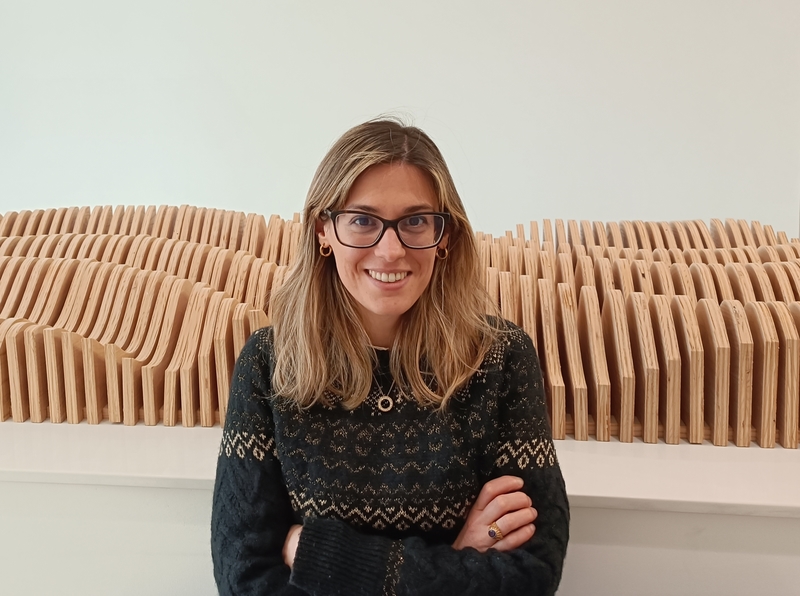Abstract
Psychiatric disorders are influenced by genetic and environmental factors. However, their study is hindered by limitations on precisely characterizing human behavior. New technologies such as wearable sensors show promise in surmounting these limitations in that they measure heterogeneous behavior in a quantitative and unbiased fashion. Here, we analyze wearable and genetic data from the Adolescent Brain Cognitive Development (ABCD) study. Leveraging >250 wearable-derived features as digital phenotypes, we show that an interpretable AI framework can objectively classify adolescents with psychiatric disorders more accurately than previously possible. To relate digital phenotypes to the underlying genetics, we show how they can be employed in univariate and multivariate genome-wide association studies (GWASs). Doing so, we identify 16 significant genetic loci and 37 psychiatric-associated genes, including ELFN1 and ADORA3, demonstrating that continuous, wearable-derived features give greater detection power than traditional case-control GWASs. Overall, we show how wearable technology can help uncover new linkages between behavior and genetics.
 Short Bio
Short BioBeatrice obtained her BSc in Biotechnology and MSc in Bioinformatics from Università di Bologna, Italy (2014 and 2016), and her PhD in Biomedicine from Universitat Pompeu Fabra, Spain (2021). Her doctoral thesis, supervised by Dr. Roderic Guigó at the Centre for Genomic Regulation (CRG), focused on the impact of the epigenome on gene regulatory programs during tissue development and cell differentiation. During her PhD she has also served as the principal data analyst for the CRG team within the ENCODE Consortium. After completing her PhD, she went on to receive postdoctoral training in the lab of Dr. Mark Gerstein at Yale University (USA, 2022-2025). Here she co-led the ENCODE-GTEx project (EN-TEx), which released the first multi-tissue personal epigenomes of four human donors (see Rozowsky J.*, Gao J.*, Borsari B.*, et al., Cell 2023). In the framework of this project, she also developed transferQTL, a machine learning model that predicts the activity of expression quantitative trait loci (eQTLs) across multiple tissues, offering insights into tissues like the heart and lungs which are often challenging to study due to their limited availability. Additionally, she currently participates in two international consortia: the Impact of Genome Variation on Function (IGVF) and the developmental Genotype Tissue Expression projects (dGTEx).
Over the last years, substantial efforts have focused on decoding genomic information to improve our understanding of human biology and disease. Furthermore, as the cost of genome sequencing keeps decreasing, we expect that personalized genomics will soon guide clinical decisions and therapeutic approaches. Consequently, it is important to fully understand how the instructions encoded in the genome translate into specific organismal traits and diseases (i.e., macroscopic phenotypes). Beatrice's research focuses on two complementary aspects of (epi)genome biology to accelerate the use of personalized genomics in the biomedical field:
- Exploring the broader influence of the epigenome on cellular biology beyond gene regulation, focusing on the crosstalk between epigenetic marks and cellular metabolism.
- Investigating the relationship between genetic variants, endophenotypes, and macrophenotypes. She aims to explore the interplay between genetics, behavioral traits, and neuropsychiatric disorders by utilizing digital phenotypes collected from wearable devices (see Liu J*, Borsari B*, et al., Cell 2025).


